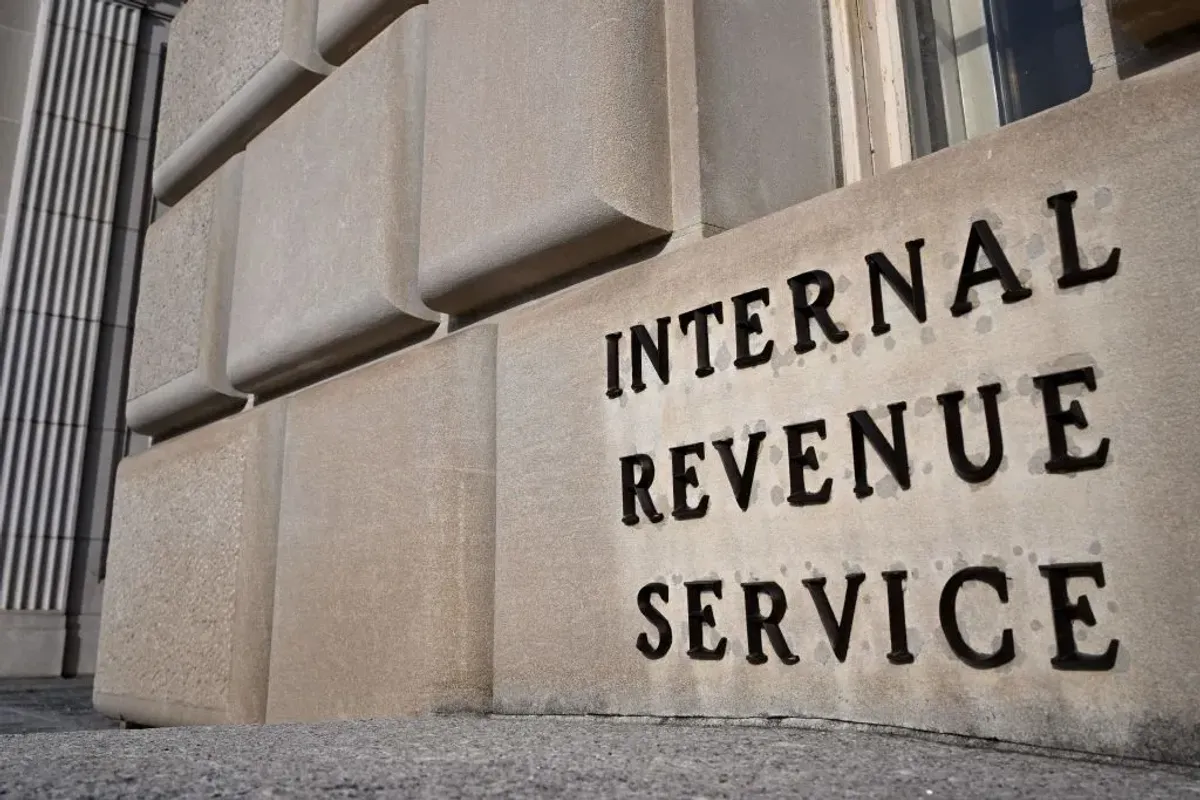
IRS’s Initial Prosecution for Crypto Tax Evasion Highlights Strengthened Enforcement Efforts
A recent case involving crypto tax fraud underscores the IRS’s increased focus on enforcing tax laws in the cryptocurrency sphere. In a significant move, the agency, in collaboration with the Department of Justice, pressed criminal charges against Frank Richard Ahlgren III of Austin, Texas, for allegedly failing to report or underreporting the sale of $4 million worth of bitcoin in 2017 and 2019, along with the resulting substantial capital gains.
This marked the first instance where an individual faced charges specifically related to cryptocurrency earnings and gains on their tax returns. The IRS sees this prosecution as a warning signal to those involved in cryptocurrencies, emphasizing its commitment to combating tax crimes within this domain.
Over the past year, the IRS has intensified its engagement with the crypto industry, issuing guidance on topics like crypto staking and advancing proposed broker reporting regulations. These regulations aim to compel exchanges to disclose user identity and transaction details.
Gaurav Mehta, founder of catax, highlights the significance of the IRS’s first standalone crypto tax fraud charge. This moment marks a major shift in cryptocurrency regulation, demonstrating the IRS’s enhanced focus and capability to enforce tax laws in the digital asset domain.
Mehta emphasized, “this groundbreaking action by the IRS in charging a standalone case of crypto tax fraud is a significant milestone in the regulatory landscape of cryptocurrency. It not only demonstrates the agency’s increased sophistication and commitment to enforcing tax laws within the digital asset sector but also serves as a stark warning to crypto users about the imperative of adhering to tax compliance.
Miles Fuller, from TaxBit, views this development as significant progress for the IRS, highlighting the agency’s enhanced capabilities in dealing with tax-related issues in the crypto space.
Nevertheless, proving crypto tax fraud poses challenges due to the complex nature of cryptocurrency transactions. Tracking the purchase and sale of coins over time, and determining the basis for calculating gains, requires substantial technical expertise. Despite misconceptions about crypto transactions’ anonymity, the IRS has means to track such activities.
To bolster its understanding of the crypto landscape, the IRS has enlisted the expertise of industry professionals like Sulolit “Raj” Mukherjee and Seth Wilks, reflecting its commitment to enhancing enforcement and regulatory efforts.
In summary, the recent prosecution signals the IRS’s sustained commitment to addressing tax evasion in the cryptocurrency sector, supported by ongoing investments in expertise and enforcement capabilities.